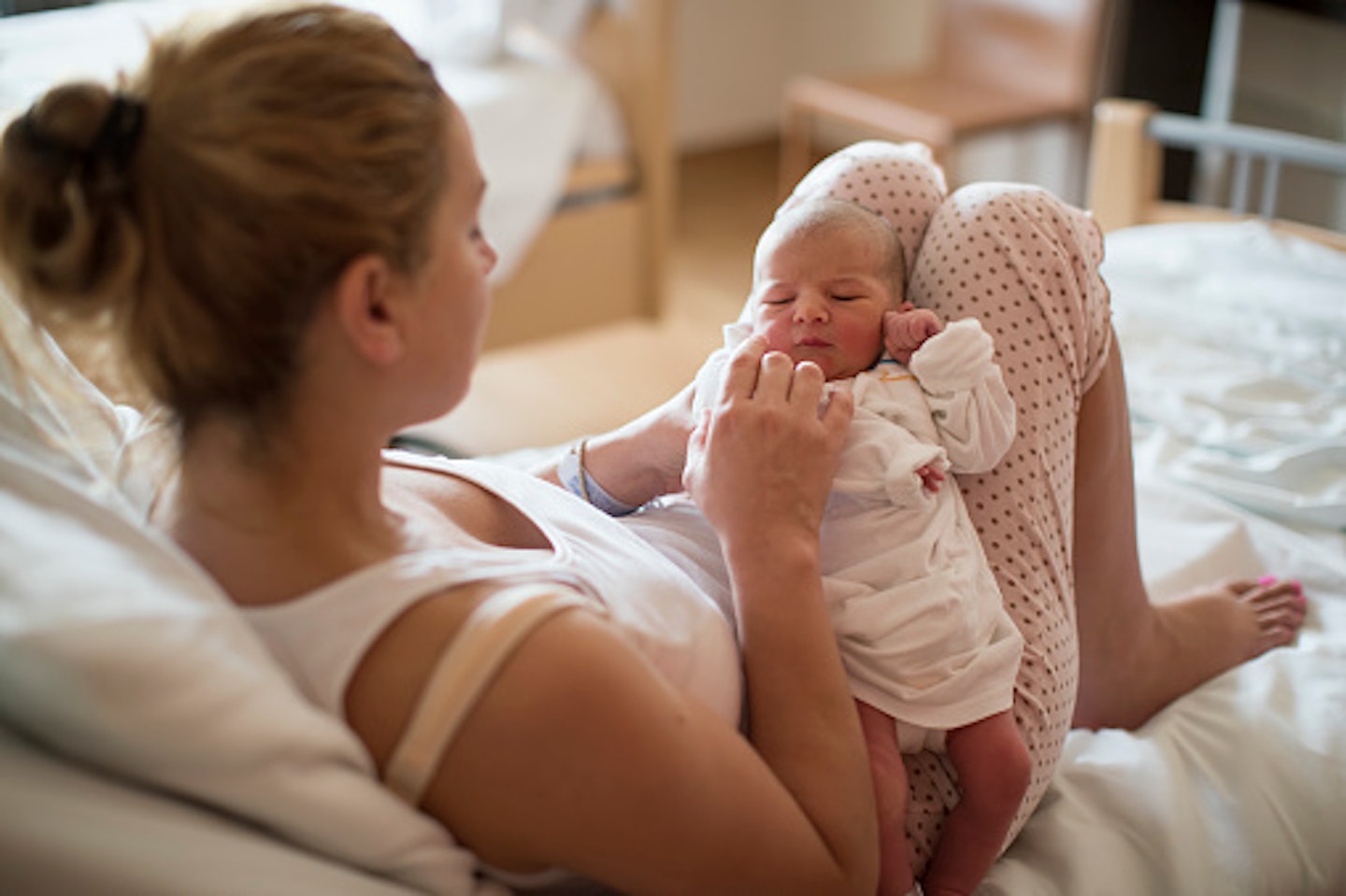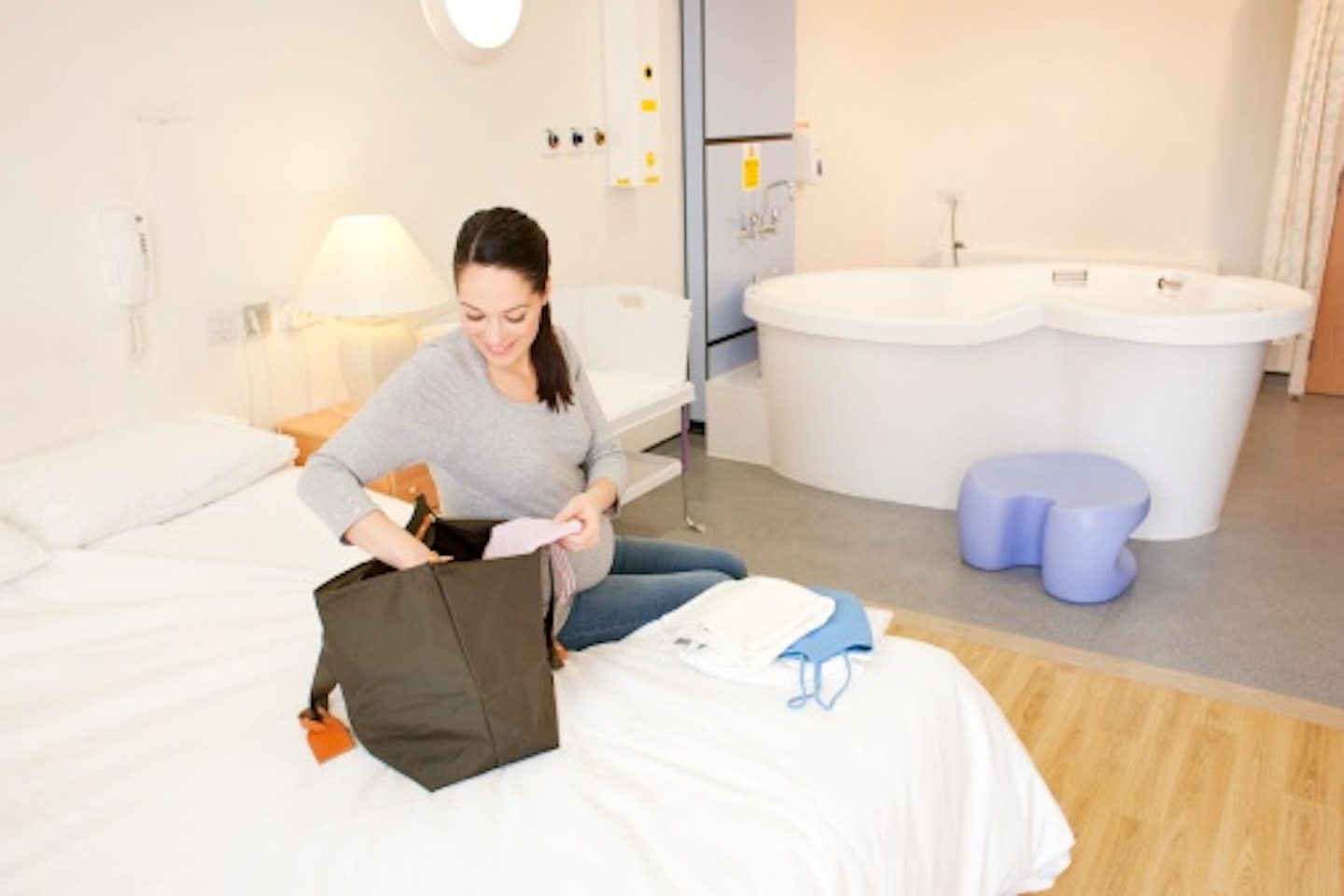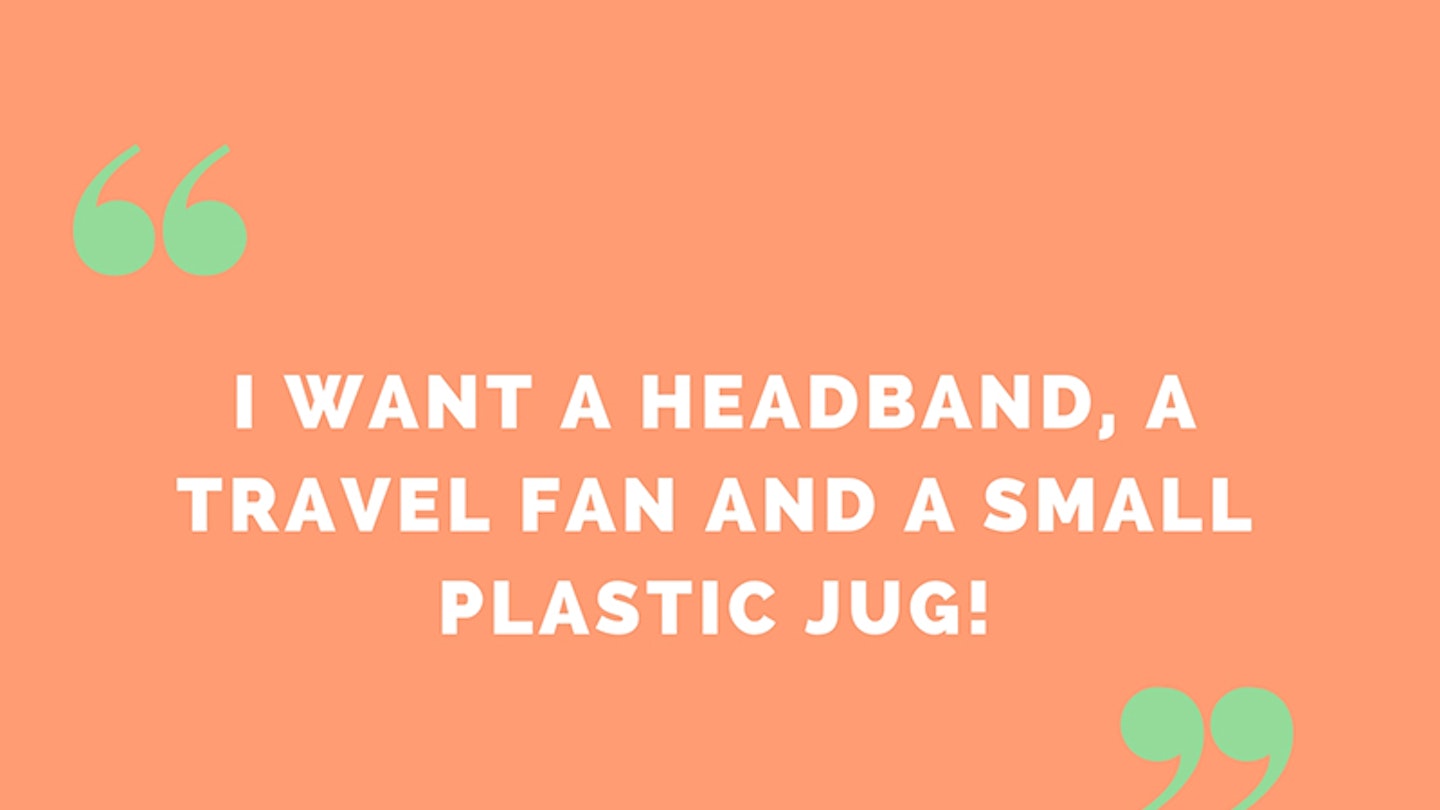Wouldn't it be great if we knew what midwives put in their own birth plans? There's nobody we trust more.
After helping with hundreds of births, these in-the-know midwives have expert ideas when it came to their own labour. Take notes!
Midwives tell us what they put on their own birth plans
 1 of 10
1 of 101) ‘I want to use my own distraction techniques in early labour’
Lorraine Berry, from Herefordshire, registered midwife, mum to George, nine, Toby, seven, Zac, four, Poppy, two, and Finley, 10 months, says: ‘I used my birth plan as a mind map of ideas for the whole of my labour. I planned distraction techniques to use in early labour: one was to make banana bread, so I had something to keep me occupied.’
 2 of 10
2 of 102) ‘I only want the named midwives present’
Rachel Lex, from Dorset, independent midwife, mum to Isaac, three, says: ‘Continuity of care was very important for me. I had my baby at home and I wanted to be as relaxed as possible. That meant not having any strangers around.’
 3 of 10
3 of 103) ‘I don’t want any pain relief’
Nikki Burroughs, from London, registered midwife, mum to Oliver, four, and Rory, one, says: ‘An epidural can slow down the natural course of labour and it vastly increases the need for an assisted birth or c-section. Pethidine can affect your baby, making him unwilling to take his first breath to inflate his lungs.’
 4 of 10
4 of 104) ‘I want to expel the placenta naturally’
Katy Coles White, from Northamptonshire, registered midwife and natal hypnotherapy practitioner, mum to Sonny, five, and Sasha, two, says: ‘After giving birth, the usual procedure is to get a hormone injection to contract the uterus, then the midwife delivers the placenta. As long as I had no complications, I wanted to expel the placenta naturally. My body was doing everything else without any help, so why interfere?’
 5 of 10
5 of 105) ‘I want skin-to-skin contact immediately after the birth’
Amy Peach, from London, staff midwife, mum to Coco, three, and Gabriel, one, says: ‘I wanted to have my baby popped straight on my skin the minute he was born. It’s such an enjoyable time after a hectic birth and was hugely beneficial for my baby to be warm and close to me. My partner was next in line for some of this special time too. It was a lovely way to involve him in the birth.’
 6 of 10
6 of 106) ‘I don’t want anyone to talk to me during established labour’
Lizzie Mackay, from Ludlow, independent midwife, mum to Tye, 17, Megan, nine, and Jasper, 20 months, says: I’ve seen how important it is during labour to focus on the birth. I knew I needed to concentrate on the job at hand. Making conversation is such a distraction. I also stated I didn’t want anyone to pass me my baby because I wanted to be the first to handle him myself. I’d had my baby inside me for so long and it was amazing to lift him into my arms.’
 7 of 10
7 of 107) ‘Only cut the cord once it’s empty and floppy, not while it’s blue and pulsating’
Sophie Howes, from Ashford, registered midwife, mum to Jessie, three, and Connie, two, says: ‘Instead of the umbilical cord being clamped and cut straight after birth, I wanted to wait for all the blood in the placenta to drain into my baby. That blood is full of iron and nutrients.’
 8 of 10
8 of 108) ‘I don’t want any early vaginal examinations’
Clemmie Hooper, from London, NHS midwife, mum to Anya, seven, and Marnie, four, says: ‘It can be very disheartening to find out you’re only 3cm dilated when you know you still have another 7cm to go. Measuring dilation is not always the best way to predict how long a labour will take – some women progress very quickly. I wanted to gauge my labour by how I was coping, not a number.’
 9 of 10
9 of 109) ‘I want a headband, a travel fan and a small plastic jug’
Katie Hilton, from Staffordshire, registered midwife and health visitor, mum to Benjamin, four, says: ‘A few simple things can make the experience so much more comfortable. The plastic jug was for postnatal care – pouring water on yourself can ease the sting.’
 10 of 10
10 of 1010) ‘If my baby needs to be resuscitated, I don’t want them to cut the cord’
Tracy Pyle, from Essex, independent midwife, mum to Amelie, two, and Finley, 10 weeks, says: ‘I had a home birth, so I knew my midwives would have a mobile resuscitation unit. If my baby needed resuscitating and was still attached to me, he’d continue to get oxygenated blood through the placenta and would hear my voice. I wanted my baby to stay by my side, so I could see what was happening.’
What's on your birth plan? Let us know on Facebook or Twitter
Make sure you're following Mother & Baby on Instagram for relatable memes, inspiring stories and parenting hacks!
Join the club! Introducing our brand, spankin’ new Facebook group called #mumtribe. Simply search ‘#mumtribe’ into the search bar and meet like-minded mums, win gorgeous goodies and have some fun!
For parenting tips, tricks and advice you can trust, click here to download a free digital issue of Mother and Baby magazine.
